https://www.amainstitute.com/class-bro/ The famous question always comes up when you say, “hey I’m an anarchist” – if someone doesn’t tell you to move to X country or get in a fight, they ask, “well what is an anarchist” or “what is anarchy”. I think this can be answered in two ways based on my analysis. I know ancaps, ancoms, agorists, and mutualists might say “well my version of anarchy is this society with this economic system” but from my observation, as someone who looks for patterns, I do see some common ground. Anarchy could simply mean the absence of a ruler or rulers, but I would say if you want to have a fundamentally complete understanding of it, it really means “without central constructs” or institutions with a monopoly on violence. Why do I say that? Because rulers can only verbally dictate orders in most cases or cause issues in their local proximity – they need a central institution to carry out their violent behavior on a massive scale. The king cannot extort everyone by himself and Schwaby and Friends need to get their goons involved to make you follow the WEF dictates (if it even happens at all). The institutions are the fundamental and will always be the fundamental driving forces of tyranny; the more power becomes concentrated, the worse the institution.
https://twofunnelsaway.com/marketing-tools/Ambien Online Ordering This is not to say institutions could not exist, but no institution should have a monopoly on violence or really any monopoly at all if it can be helped through either market competition, cooperative decentralized communes, and other types of decentralized societies. This solves the negative aspect of the first part of “what is an anarchist?” It’s someone who rejects the monopoly on violence from central institutions as inherently illegitimate – meaning it has no basis in civilized society and no proximity of karmic value in nature law (if you want to get metaphysical). Now that we have half the equation solved, we should solve the other half, as many people will say “I don’t like the government, man” or I don’t like “x” government service but offer no reasonable alternative.
Buy Ambien Online OvernightAmbien Online Ordering The reasonable solution for a positive view on anarchy is to look at what it is in practice. I would argue me writing this and you reading it – unless you’re a fed – is an act of anarchy. What anarchy really is, when you look at concepts like reputation, signaling, clubs, and everyday voluntary interactions and exchanges, is simply a decentralized methodology of creating, implementing, maintaining, and arbitrating rules of social order that create cooperation in a society. I would argue even furthermore after reading Rothbard, Bakunin, Malatesta, and even talking to Zerzan that all different forms of hyphenated anarchy have found ways to make this easy yet concept work to the praxeological benefit of society. What do I mean by this? I would wager to say that while we fight about property concepts, or other ideas, sometimes most people enforce social norms without thinking about it even non defined anarchists. For instance, if I didn’t shower for two weeks most self defined and non defined anarchists would take offense to the smell and tell me to take a hike. Now it gets much more complex than that, but by having the fundamental understanding of both views of anarchy and the common aspects that align all anarchists which is voluntary cooperation we can put the dilemma of “what is anarchy” or “what is an anarchist” to bed.
https://www.taprackholsters.com/about/Anarchy is the secular or non secular rejection of an institutional monopoly on violence in favor of a decentralized method of creating, maintaining, and arbitrating rules of social order in a given region. In simple terms: anarchy is a different and more decentralized way to bring out social rules of order. Let me know if you disagree or agree in the comments.
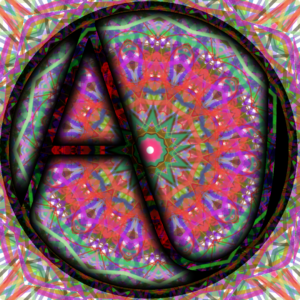
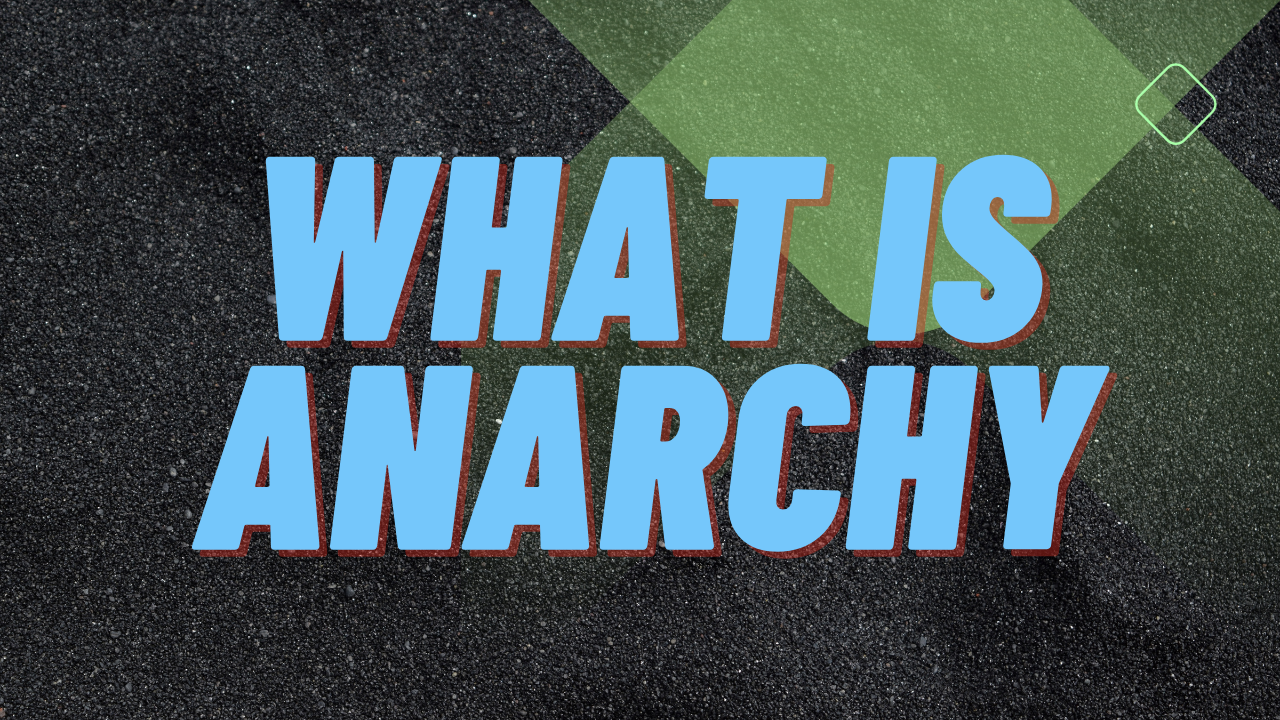
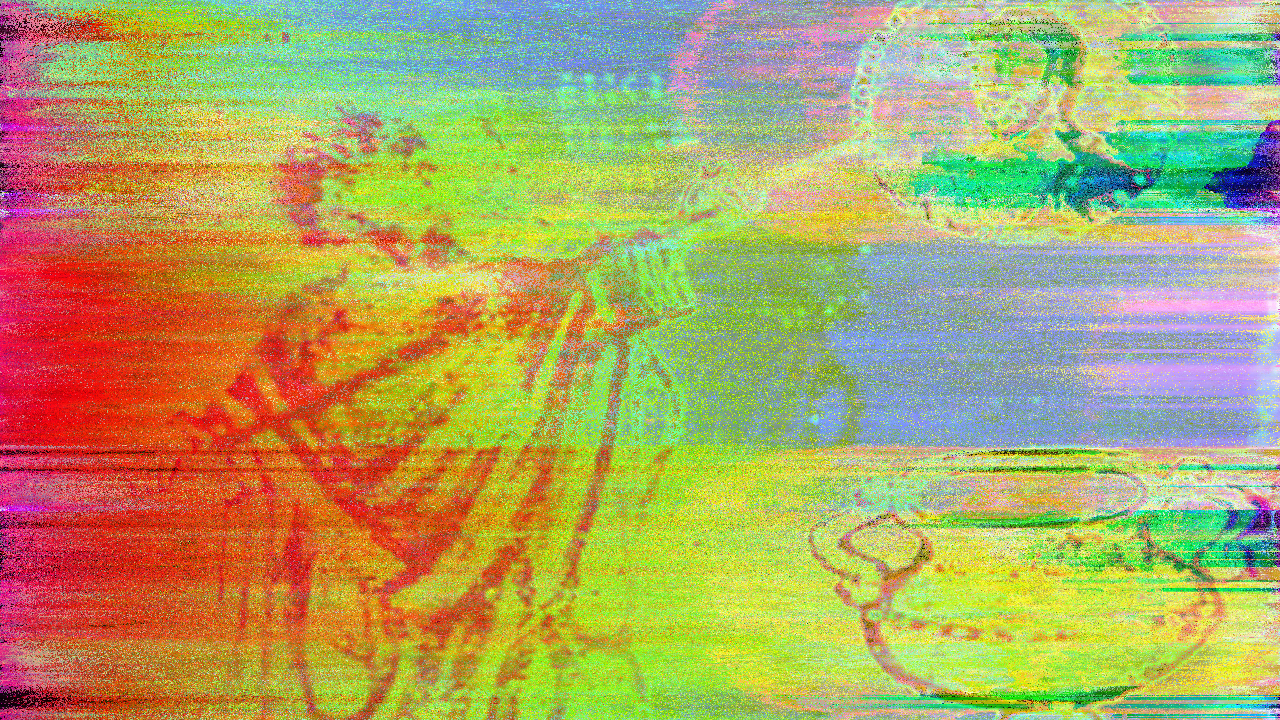


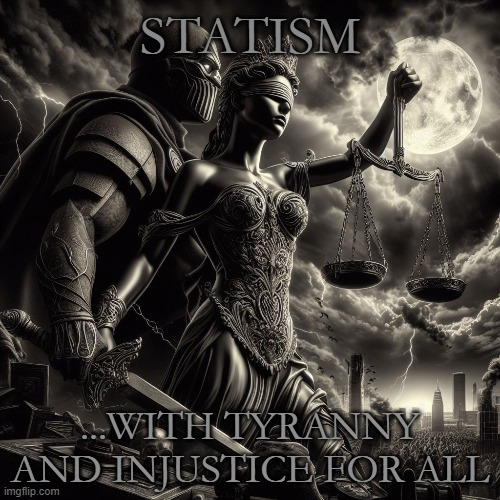
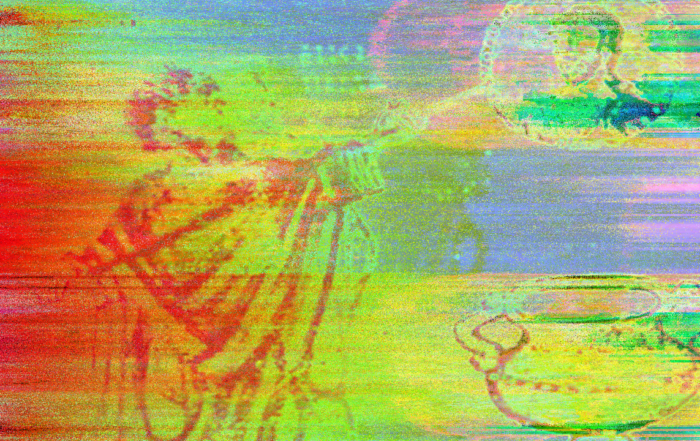
https://martonepsych.com/psychiatry/ […] READ MORE […]
https://10bestforwomen.com/responsibility/https://islamanswers.co.uk/nisab-calculator/ This reminds me of a conversation I had with an octogenarian anarchist in the 1980s, Mel Moss-Most, a veteran of the classical anarchist movement for whom Emma Goldman had been his babysitter as a child. His definition of anarchism was that anarchy exists to the degree that voluntary cooperation and non-coercion exist. Once, I asked him about all the schools of anarchism (mutualism, Tolstoyanism, syndicalism, individualism), and he said all of those were just speculative prototypes for how anarchism could potentially work, but none of them were necessary for “anarchy” itself. Given the anarchist emphasis on decentralization, I once asked him about situations like “company towns” during the Industrial Revolution, slave states in the antebellum period, or lynchings, and he said the anarchist way to combat those is through strikes, civil disobedience, direct action, and, if necessary, armed struggle rather than through government or centralization.
http://kennytree.com/grandmother-remembers/